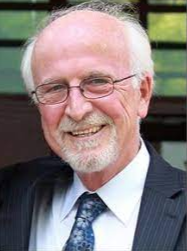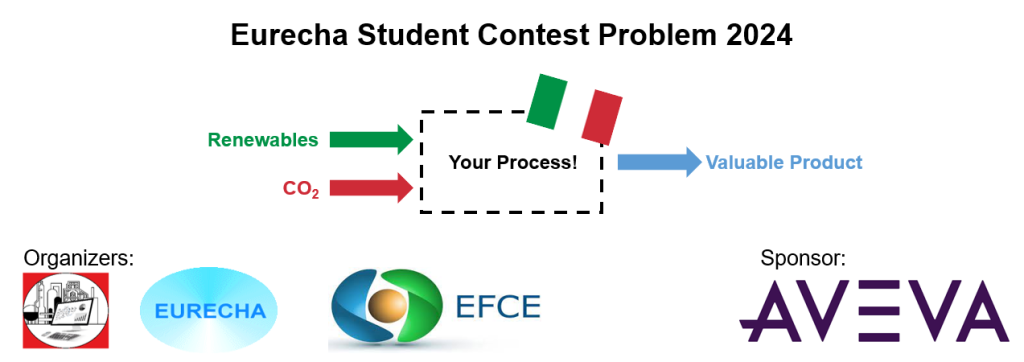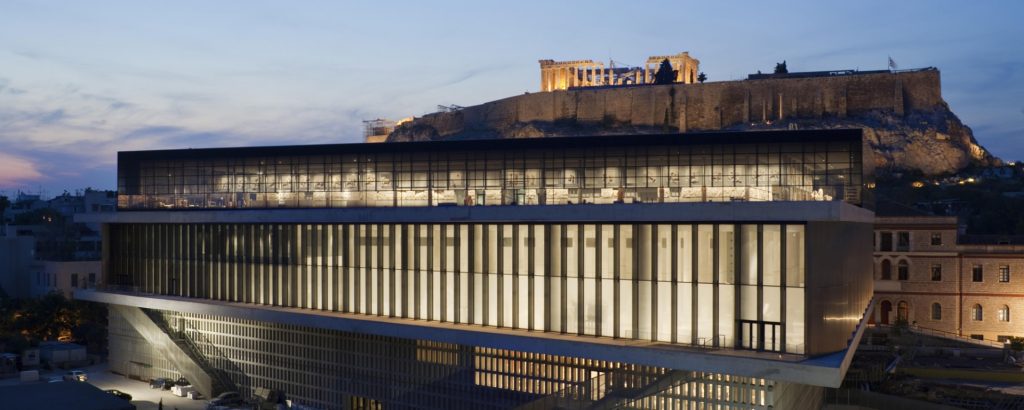
ESCAPE’33 will be proud to release an early announcement of the George Stephanopoulos Process Systems Engineering Award. The announcement is scheduled at the Welcome Reception on Sunday at 5.15pm at the Olympia Hall of the conference venue.
The award honors Prof. Stephanopoulos whose work includes seminal contributions influential to the community that provided the broadest coverage of PSE approaches and methodologies in process synthesis and design (continuous and batch); computer-aided modeling languages; process control; fault detection and diagnosis; operations planning; product design; synthesis of reaction and metabolic networks; synthesis and design of petrochemical sectors; synthesis and design of biorefineries; synthesis and design of pharmaceutical processes; AI in process engineering (products, processes, control, operations), and most recently in systems applications for the circular economy. He has received all major distinctions for a person in PSE.
The George Stephanopoulos Award is co-sponsored by the National Technical University of Athens, Greece; the EFCE-CAPE Working Party; and the AIChE-CAST Division. Winners will be selected from next year between European and North American nominees in rotating years. Winners among European nominees will be selected by the EFCE-CAPE Working Party; winners among North American nominees will be selected by the AIChE-CAST Division.
The announcement will be made by the President of the European Federation of Chemical Engineers with representatives from NTUA (the Rector of the university), AIChE and the Chairs of the CAPE WP and CAST Division.
On behalf of the Organizing Committee,
Athens Panoramic Tour – Mon 19 Jun
Join to discover how this vivid city combines some of Greece’s greatest ancient treasures and the modern way of life!
This coach guided English speaking tour of top Athens sites, including the Greek Parliament, the Panathenaic Stadium, the Academy, the National Library, the National Archaelogical Museum, and many more, will give you the opportunity to explore Athens while enjoying the sunset in the Athenian sky.

We are happy to announce the 2024 edition of the Eurecha Student Contest Problem (SCP), sponsored by AVEVA.
The contest is organized by the European Committee for the Use of Computers in Chemical Engineering Education (EURECHA), with support by the CAPE Working Party and the Energy section of EFCE.
It is open to students from Bachelor through PhD level. The participating groups have to design and analyze a novel process converting carbon dioxide and renewable energy into chemical products, in the context of the host country of the next ESCAPE conference, Italy.
The awards include monetary prizes, invitations to present at ESCAPE or the CAPE Forum in 2024, and publication on the Eurecha website.
For further information, visit www.wp-cape.eu/index.php/student-contest-problem/ or contact Eurecha at eurecha.secretariat@gmail.com.


The Organizing Committee has organized guided tours for the Acropolis Museum.
Tickets are limited. Ticket cost is covered by the conference budget.
Login here! to check for availability and book your voucher.
Notes:
Participants need to register in advance using the registration link:
https://era.eventsair.com/escape-33/workshops
Those wishing to participate should register at:
Registration Link: https://era.eventsair.com/escape-33/icheme/Site/Register

Tuesday, June 20, 2023
1:30 PM - 2:30 PM
CONF. ROOM II
The IRISS session in ESCAPE-33 aims to bring together IRISS, EFCE and ESCAPE communities, as well as, national and regional stakeholders, to discuss the Safe and Sustainable by Design (SSbD) framework and initiatives, their role and prospects in delivering sustainable processes and products. Under this perspective, the up-to-date results and achievements of the IRISS project, as well as the upcoming activities and events will be presented.
Who is it for
Lack of data has been publicly identified as a constraining bottleneck for an SSbD approach in research and innovation in the Chemical and Material Industry. In silico models are one of the most important tools to generate such data. This session addresses both worlds. For Systems practitioners: Full deployment of SSbD stands to benefit critically from systems-level design and re-design thinking, as exposed in ESCAPE-33. SSbD emerges as a priority application for systems tools. For SSbD practitioners: ESCAPE-33 hosts four themes with relevance to SSbD (Themes 1, 2, 3 & 7). These will open a window to a portfolio of tools and approaches for the SSbD community of IRISS.
Attendance is free, but registration is required for the session
Use the free registration form https://era.eventsair.com/escape-33/reg to reserve your place, as the session 's capacity will be 50 participants.
Machine Learning Workshop
Registration Link: https://era.eventsair.com/escape-33/workshops
Workshop promoters: Daniel Lewin, Technion, and Edwin Zondervan, Twente
Workshop outcomes: Participants working in teams will complete a master plan for a complete course on one of three themes motivated by an invited talk from the conference. Each team will be mentored by the corresponding plenary/invited speaker:
The master plans will include:
Course participants are invited to review a short video describing how the flipped class is used to teach PSE subjects (recommended before attending ESCAPE-33):
https://www.youtube.com/watch?v=b6w6mqSPxp0 (28 min)
The workshop capacity will be 30 participants (Up to 10 participants in each of the three teams).
Those wishing to participate should register at:
https://era.eventsair.com/escape-33/workshops